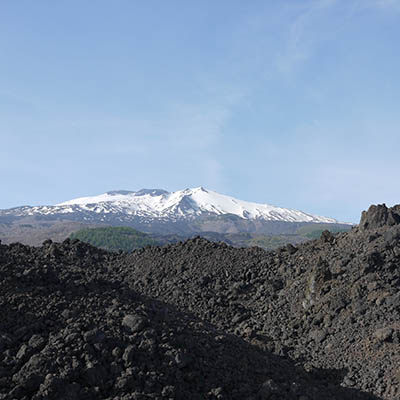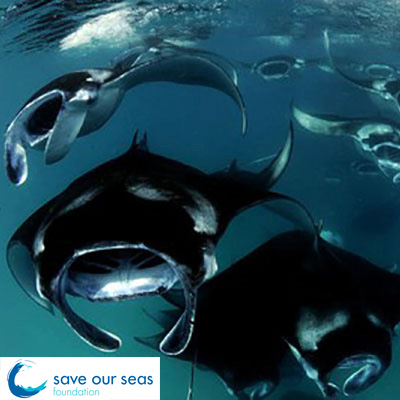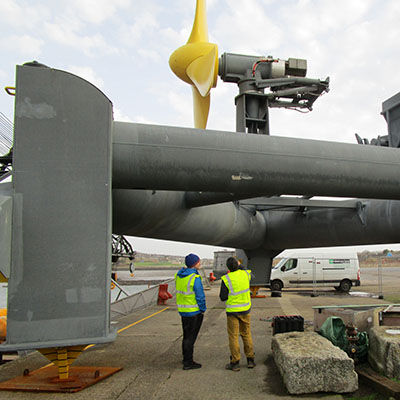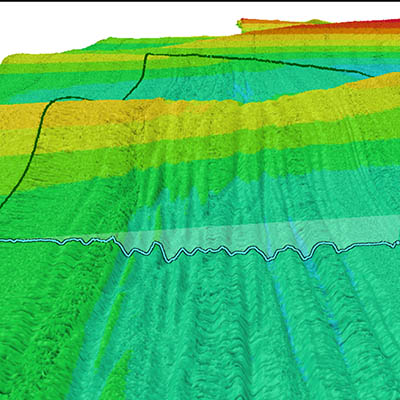Nick Primmer – University of Nottingham Supervisors: Matthew Jones Sarah Metcalfe Achim Brauer Melanie Leng Phil Barker Summary Some lakes contain sediment in their beds that has been layered annually or “varved”; this allows layers to be attributed to a specific year like tree layers in dendrochronology. By closely examining their sedimentology the environmental conditions […]
Read More
Nick Girkin- University of Nottingham Supervisors: Sofie Sjogersten Nick Ostle Nial McNamara Ben Turner Summary Tropical forested peatlands are important carbon stores as well as sources and sinks of greenhouse gases and cover 4.41x103km2, but are under pressure from climate change and human land use alterations. Plants roots release carbon as ‘root exudates’ deep into […]
Read More
Nathan Magnall – Lancaster University Supervisors: Mike James Hugh Tuffen Charlotte Vye-Brown Summary The emplacement (flow and cooling) of low silica, low viscosity basaltic lavas is relatively well understood due to the high frequency with which they erupt at locations such as Mt Etna, Iceland and Hawaii. In contrast the emplacement of high silica, high […]
Read More
Laura Deeprose – Lancaster University Supervisors: Peter Wynn Phil Barker Melanie Leng Summary The disappearance of the Neanderthals, a hominin species similar to ourselves, is a hotly debated topic, with some scientists suggesting that the cause was the arrival of anatomically modern humans whilst others say it was related to climate change. Although climate variations […]
Read More
Laura Dean – University of Nottingham Supervisors: Andrew MacColl Suzanne McGowan Xu Chen Summary Many of the lochs of North Uist, Scotland, contain newly evolved species-pairs of three-spined stickleback: anadromous (large, salt water tolerant), heavily armoured fish living alongside smaller, freshwater relatives. Due to changing sea-level, low-lying coastal lagoons often experience periods of isolation from […]
Read More
Jane Hosegood – Bangor University Supervisors: Gary Carvalho Mark de Bruyn Rob Ogden Summary Manta and Mobula rays are species under threat from both targeted and bycatch fisheries supplying the recent increase in demand for gill rakers for use as a pseudo-remedy in some Traditional Chinese Medicines. Such exploitation will likely be met by distastrous […]
Read More
James Hicks – University of Nottingham Supervisors: Adam Algar Andrew MacColl Ahimsa Campos-Arceiz Summary Climate change is having an ongoing effect on ectotherm (cold-blooded) ecology but habitat conversion to plantation in SE Asia has a faster thermal impact on their immediate environment. Lizards’ morphological traits are known to be capable of evolving within decades and […]
Read More
David Foster – University of Nottingham Supervisors: Simon Avery Steve McGrath Paul Dyer Kirk Semple Ricky Wildman Summary Genetic variation within populations helps a microbial species to survive environmental stresses, as variants may be better adapted to the alternative conditions. Experiments with single-cell microorganisms have shown that individual cells within a population also have markedly […]
Read More
Dan Potter – Lancaster University Supervisors: Andrew Folkard Suzana Ilic David Evans Stephen Quayle Summary The project aims to investigate the interaction of tidal stream turbine farms used for electricity generation with the surrounding marine environment. The change in behaviour of the ambient flow and the impact of these changes on the wider marine environment […]
Read More
Connor McCarron – Bangor University Supervisors: Katrien Van Landeghem Jaco Baas Laurent Amoudry Ian Taylor Alan Roberts Summary The morphology of the seabed is controlled primarily by bedload sediment transport processes while the UK’s shelf seas are comprised of mixed sediments (i.e. sand and gravel) due to deposition of reworked sedimentary material by paleo-glacial processes. […]
Read More










